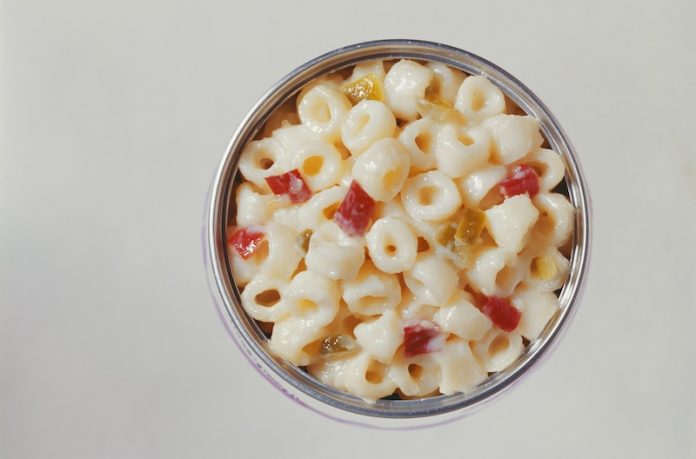
Your kidneys play a vital role in keeping your body healthy by filtering waste from your blood and maintaining a balance of fluids and minerals.
They’re incredibly efficient, but certain foods can put extra strain on them, especially if you already have kidney disease or are at risk.
Knowing which foods can be harmful and why can help you make smarter dietary choices to protect your kidney health.
High-Sodium Foods
Salt, or sodium, is particularly tough on your kidneys. When you consume too much sodium, it increases your blood pressure, which puts additional stress on your kidneys. Over time, this can lead to kidney damage.
Foods that are especially high in sodium include processed snacks, canned goods, and fast foods. Reducing your salt intake by choosing fresh foods and avoiding heavily processed items can help manage blood pressure and reduce the risk of kidney problems.
Processed Meats
Processed meats like bacon, sausages, and deli meats are not only packed with sodium but also contain high levels of phosphorus. Manufacturers often add phosphates to these meats to enhance flavor and preserve them.
However, too much phosphorus in your blood forces your kidneys to work harder to remove it. This is particularly dangerous for people with kidney disease, as high phosphorus levels can lead to issues with your bones and heart.
Dark-Colored Sodas
Dark sodas, such as colas, are double trouble for your kidneys. They’re loaded with sugar, which can contribute to diabetes—a major cause of kidney disease. Additionally, these sodas often contain phosphorus additives, which, as mentioned, can strain your kidneys.
Studies have shown that heavy soda consumption is linked to an increased risk of chronic kidney disease, so cutting back on these drinks is a good idea.
Dairy Products
While dairy products like milk, cheese, and yogurt are rich in calcium, they also contain significant amounts of phosphorus and potassium.
Normally, your kidneys manage these minerals well, but if your kidney function is impaired, consuming too much dairy can cause dangerous levels of phosphorus and potassium to build up in your blood.
This can lead to heart problems and weaken your bones. If you’re concerned about your kidneys, it might be wise to limit your intake of dairy or choose lower-phosphorus alternatives.
High-Potassium Foods
Potassium is crucial for proper heart and muscle function, but too much of it can be harmful if your kidneys aren’t working well. When kidneys fail to remove excess potassium from your blood, it can lead to a condition called hyperkalemia, which causes heart rhythm issues and other serious health problems.
Foods high in potassium include bananas, oranges, potatoes, and spinach. If you’re at risk of kidney disease, it’s important to monitor your potassium intake and choose lower-potassium options.
Artificial Sweeteners
There’s some evidence suggesting that regular use of artificial sweeteners might contribute to a decline in kidney function. While more research is needed to fully understand this link, it’s a good idea to be cautious.
If you’re concerned about your kidney health, consider using natural sweeteners like honey or maple syrup in moderation, as they may be safer alternatives.
Adopting a Kidney-Friendly Diet
To protect your kidneys, focus on reducing your sodium intake by choosing fresh or frozen produce over canned or processed foods. It’s also important to limit foods high in phosphorus and potassium, especially if you have kidney concerns.
Staying hydrated by drinking plenty of water is crucial, as it helps your kidneys flush out toxins more efficiently.
Being mindful of the foods that can strain your kidneys and making adjustments to your diet can go a long way in supporting your kidney health and overall well-being.
It’s always a good idea to consult with a healthcare provider or a dietitian to create a diet plan that fits your specific health needs. Taking these proactive steps will help ensure that your kidneys remain healthy and continue to do their important job of keeping your body in balance.
If you care about kidney health, please read studies about pesticide linked to chronic kidney disease, and this drug may prevent kidney failure in people with diabetes.
For more information about kidney health, please see recent studies about drug duo that may treat kidney failure, and results showing these vegetables may protect against kidney damage.








